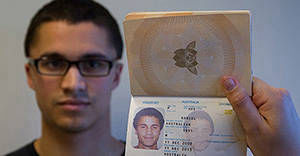
People are very good at recognising the faces of people they know, even in very poor quality photographs. However, years of research now show that this ability does not extend to identifying unfamiliar faces – for example by matching a traveller to an image contained in their passport. We label this phenomenon as the 'passport problem', and have recently shown that passport issuance staff also succumb to errors on this task. When matching images of unfamiliar faces, they make the same high error rates to a group of untrained students.
Despite these poor levels of performance, there is continued reliance on photo-ID to identify unfamiliar people at national borders. Moreover, recent advances in automatic face recognition software – combined with the increased use of face images captured by CCTV and mobile devices – mean that facial image comparison plays an increasingly important role in modern forensic investigation.
Given the importance of these decisions, the focus of our work in this area is to improve human accuracy in unfamiliar face matching. So far we have made some encouraging discoveries. We observe benefits of certain forms of training, response aggregation (wisdom of the crowds), and – most promisingly – selection of experts through proficiency testing. In current work, we are evaluating performance of forensic experts in face matching and looking to optimise the benefits of training, response aggregation and personnel selection. This will provide realistic estimates of error rates that can be factored into legal decision making and identity verification processes. We also hope that it will provide important theoretical insights into cognitive processes driving visual expertise.
For further information please contact Associate Professor David White.
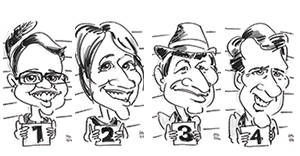
Eyewitness testimony is often central to the investigation and prosecution of crimes. Past research has shown that positive eyewitness identification is one of the most persuasive forms of evidence for juries. This is worrying given that, of 317 post-conviction DNA exoneration cases in the United States, eyewitness misidentification testimony was a factor in 73% of wrongful convictions (The Innocence Project, 2014). Despite advances in DNA technology, however, reliance on eyewitness testimony has not significantly diminished. As a result, it is of vital importance to understand when and why eyewitness errors occur.
Our work in this area has focused on investigating variables which can affect the accuracy and completeness of eyewitness memory. For example, in collaboration with Dr. Helen Paterson, Associate Professor Richard Kemp has looked at the effects of co-witness discussion on eyewitness memory. This research has demonstrated that witnesses not only talk about the event with each other, but can often contaminate each other’s memories for what happened. Other projects have investigated which interviewing techniques increase the accuracy of the information about the event. Our current work also aims to extend the literature from honest eyewitnesses to deceptive individuals by exploring the effects of deception on eyewitness memory. We also work with police, government agencies, legal professionals and judges to highlight the difficulties associated with the collection and use of eyewitness evidence, and to guide the development of policy and practice in this area.
For further information, please contact Prof Richard Kemp.
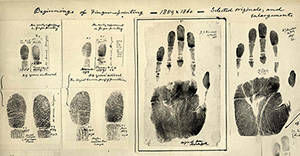
Forensic science evidence is frequently used to guide investigations and convict people of crimes. Because jurors find forensic science evidence compelling, expert testimony often has a large effect on the outcome of criminal trials. Despite this, there is a striking lack of empirical evidence concerning the validity of methods in forensic science.
Recent work by members of our research group, and our collaborators in Australia, has begun to provide some of the first empirical tests of validity and reliability of forensic methods. As experimental psychologists, we are able to design tests to validate these methods. Of particular interest is human accuracy, investigating the factors that influence a practitioner’s decisions, and establishing ways to improve performance through training.
In addition to research in this area, current work involves running workshops to teach practitioners how to design and run their own validation studies. At present, this work involves document examiners, facial image comparison staff and forensic odontologists.
If you are interested in learning more about this work please contact Dr James Dunn.
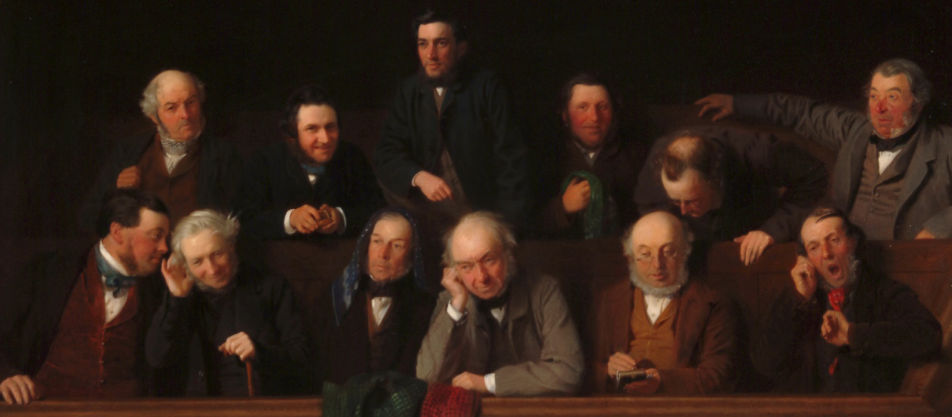
The role of a juror in a criminal trial is to determine the guilt or innocence of a defendant. Jurors must be satisfied beyond a reasonable doubt that the accused committed the crime before they can render a guilty verdict.
Juries are an essential part of the criminal justice system and research increasingly indicates that their decision-making task is highly complex. Jurors are required to adhere to the procedural rules of the system whilst also evaluating the evidence in a ‘rational’ manner.
Jury research can involve lay people, jury eligible respondents or empanelled jurors. Importantly the particular research question drives the sample selection. In our lab we often use jury eligible lay people to examine issues associated with the evaluation of probabilistic evidence in the context of brief criminal trials.
If you are interested in learning more about this work or would like more information please contact Prof Richard Kemp.
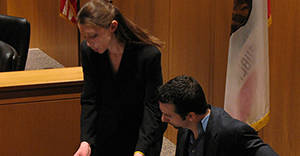
When courts are required to grapple with complex issues beyond their expertise, there are legal provisions to allow for the introduction of expert evidence to help the trier of fact (the judge or jury) to understand these complex issues. Australian courts have used such experts to help them interpret a variety of evidence including eyewitness reports, and CCTV images through forensic facial comparison and/or body mapping. However, there is little evidence to suggest that the introduction of expert evidence help jurors reach more accurate decisions. Moreover, research has shown that experts are extremely persuasive to jurors even when their conclusions are erroneous. As a result, expert evidence can be very persuasive but potentially misleading and hence dangerous to an innocent defendant.
The influence that expert evidence has on jurors is extremely important. One of our research projects in this area is investigating whether the conventional legal safeguards in place in NSW courts are sufficient to expose weaknesses or inaccuracies in expert testimony. Preliminary results indicate that these safeguards are inadequate.
For further information you can read this article.
Offline Website Builder